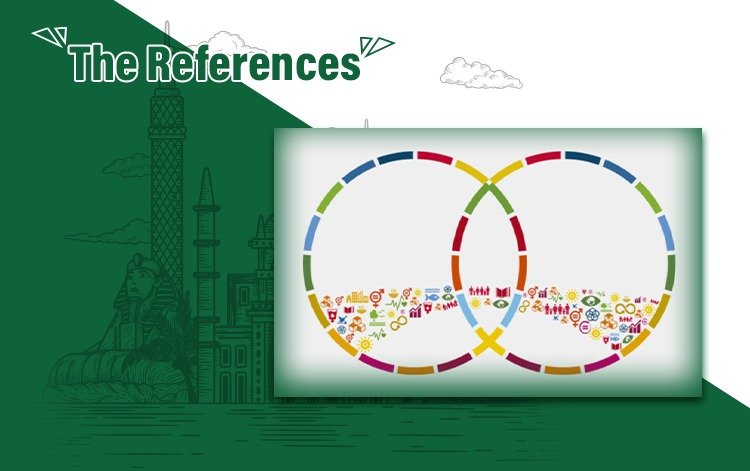South-South Cooperation

South-south cooperation refers to the development cooperation among countries in the Global South, in the political, economic, social, cultural, environmental or technical areas, in addition to the exchange of knowledge, experiences, know-how, solutions and technology, the creation of job opportunities, the establishment of infrastructure and promotion of trade in Southern countries.
This acts as the manifestation of solidarity between the peoples and countries of the South, which contributes to achieving their national well-being and self-reliance nationally and collectively.
This cooperation has contributed to increasing trade and foreign direct investment flow, as well as advancing towards regional integration among Southern countries. This cooperation can be bilateral, regional or interregional, and it can include two or more developing countries.
About Triangular Cooperation: it refers to the cooperation whereby developed countries and multilateral organizations facilitate South-South initiatives by providing financing, training, management and technology systems, in addition to other forms of support.
The tripartite cooperation includes two or more developing countries in cooperation with a third party, usually a developed country or a multilateral organization that contributes to achieving exchange through its knowledge and resources.
The Basic Objectives of the South-South Cooperation are to:
1. foster the self-reliance of developing countries by enhancing their creative capacity to find solutions to their development problems in keeping with their own aspirations, values and specific needs;
2. promote and strengthen collective self-reliance among developing countries through the exchange of experiences; the pooling, sharing and use of their technical and other resources; and the development of their complementary capacities;
3. strengthen the capacity of developing countries to identify and analyze together their main development issues and formulate the requisite strategies to address them;
4. increase the quantity and enhance the quality of international development cooperation through the pooling of capacities to improve the effectiveness of the resources devoted to such cooperation;
5. create and strengthen existing technological capacities in the developing countries in order to improve the effectiveness with which such capacities are used and to improve the capacity of developing countries to absorb and adapt technology and skills to meet their specific developmental needs;
6. increase and improve communications among developing countries, leading to a greater awareness of common problems and wider access to available knowledge and experience as well as the creation of new knowledge in tackling development problems;
7. recognize and respond to the problems and requirements of the least developed countries, landlocked developing countries, small island developing States and the countries most seriously affected by, for example, natural disasters and other crises;
8. enable developing countries to achieve a greater degree of participation in international economic activities and to expand international cooperation for development.
